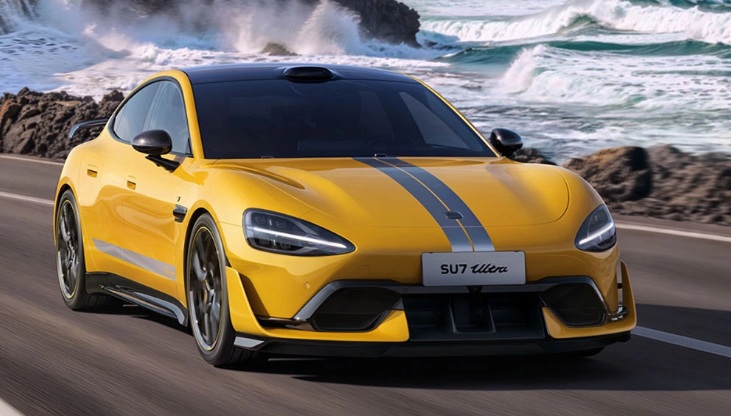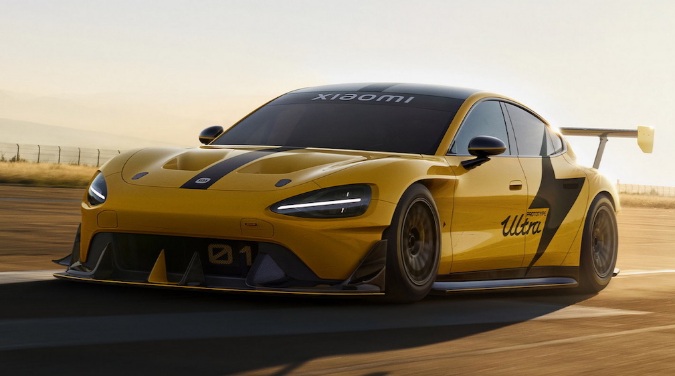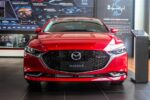The Suzhou Intermediate People’s Court in Jiangsu Province, China, recently dismissed Xiaomi Auto’s appeal, upholding the lower court’s ruling in a false advertising lawsuit involving the Xiaomi SU7 Ultra model.
According to Autohome, the court ordered Xiaomi Auto to refund a deposit of 20,000 CNY (approximately $2,750 USD) to the customer, along with an additional compensation of 126,000 CNY (around $17,500 USD), equivalent to three times the cost of the optional accessory in question, plus 10,000 CNY in legal fees (roughly $1,380 USD).
The case began when a vehicle owner reported that the “dual air intake system” advertised by Xiaomi as capable of cooling the wheels was not functioning as described. Upon inspection, the owner discovered that the carbon fiber hood, priced at 42,000 CNY (approximately $5,850 USD), had a similar structure to the standard aluminum hood, lacked actual air ducts, and was only 1.3 kg lighter.
The owner alleged that the company exaggerated the feature to attract buyers and misrepresented the product’s actual capabilities. In early May, Xiaomi Auto offered two solutions: replacing the hood with a standard one or providing a 280 USD compensation. However, many customers were dissatisfied and filed lawsuits.
The first plaintiff won the case at the initial trial, and Xiaomi’s appeal was rejected. Sources indicate that over 300 vehicle owners in online user groups are preparing to demand similar refunds and compensation, leading observers to speculate that Xiaomi could face significant financial liabilities if the lawsuits escalate.
This incident serves as a costly lesson for Xiaomi Auto, the fledgling automotive brand of tech giant Xiaomi, as it strives to establish credibility in the electric vehicle market. Following the high-profile launch of the SU7, this lawsuit could negatively impact the brand’s image if not handled transparently and comprehensively.
TH (Tuoitrethudo)
The Great Debate: Traditional vs. Modern Door Locks Ignited by Xiaomi SU7 Accident
A devastating accident involving a Xiaomi SU7 Ultra in Chengdu, Sichuan, China, has sparked intense debate over the safety and emergency escape capabilities of modern electric vehicles. The incident, which resulted in one fatality, raises critical questions about the reliability of these advanced vehicles in high-risk situations.
















































